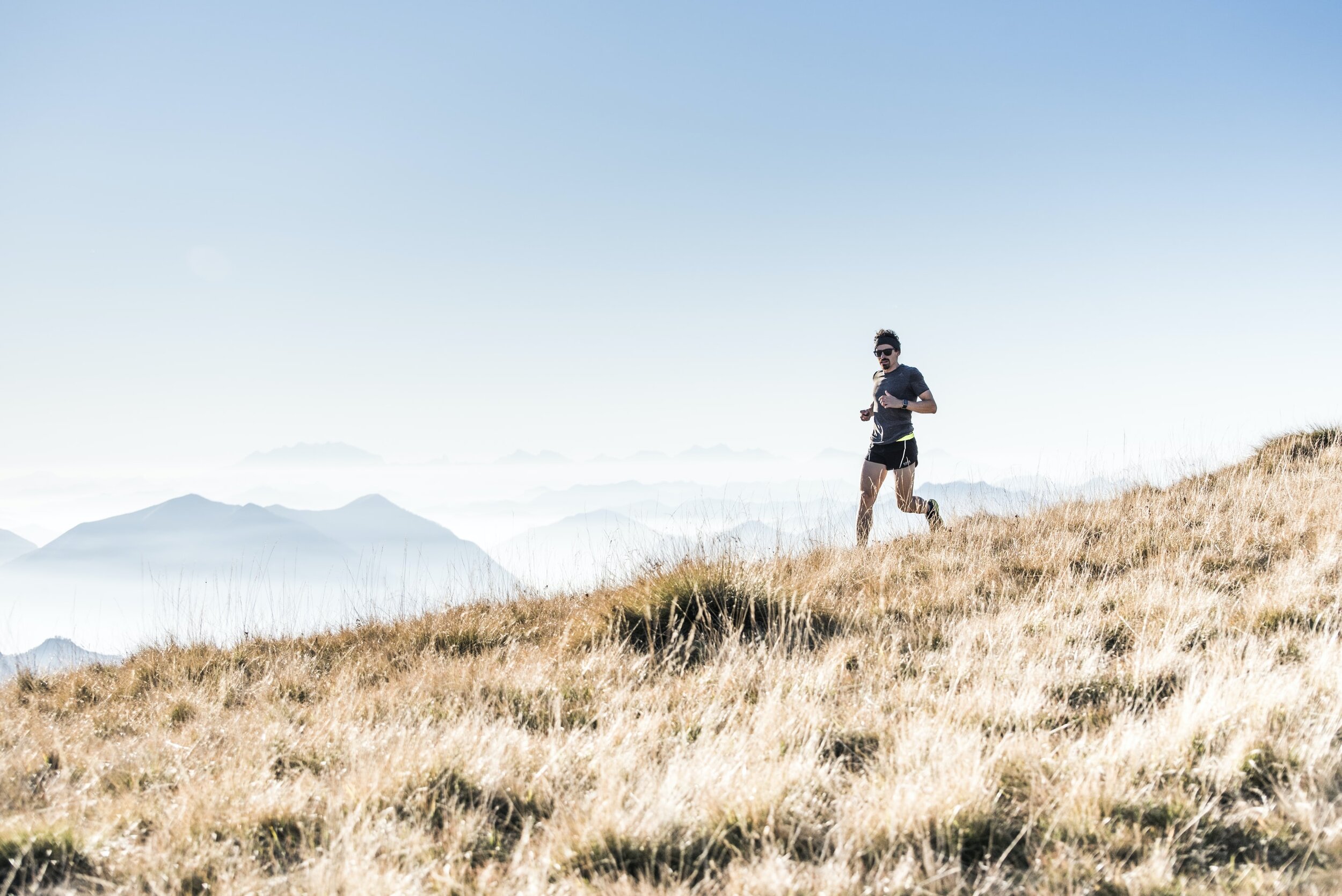
Don’t Live With Foot Pain
A biomechanics appointment is whereby we assess the mechanics of human movement. This will encompass the movement of bones, muscles and tendon from the feet up whilst completing a gait cycle. The movements of the joints in your feet have a direct and indirect impact to the joints further up your body as it affects the kinetic chain.
A biomechanics assessment identifies internal and external forces, which can be a contributing factor to your injury. We will assess the kinetics and kinematics of the forefoot, rearfoot, ankle, knee, hip and lower back through your normal movement patterns to diagnose your injuries. By identifying the primary problems that compromises your ability to move effectively will allow us to achieve our goal of providing a long-term and sustainable solution.
At The Feet Team, we have integrated technology into our assessments to allow us to detect your underlying complications which are affecting your lower limb. This allows us to easily explain to you where the asymmetrical imbalances and irregularities are occurring and provide an accurate diagnosis to treat you.
As muscles are the engine for creating movement and the human locomotion, we will get you to conduct numerous exercises focusing on the key muscles groups. It will be a combination of non-weight bearing and weight bearing exercises. This will allow us to assess your muscles strength through different joint ranges of motion. The common movements assessed are single leg balance, lunge test, squat and hoping.
A tailored treatment plan will be outlined including short and long-term goals. We will follow the tissue stress theory adjusting and altering load to reduce and prevent pain in the short- term. This can be done via strapping, shockwave therapy, strength and conditioning program, footwear recommendation or orthotic prescription. To ensure these initial treatments are sustainable we will customise a program to ensure a safe and viable return to complete exercise in the long term.
If required The Feet Team can order X-ray, Ultrasound and MRI.
We recommend you attend the appointment in clothing which will allow you to comfortably complete these types of exercises. We also love to see your old shoes, so bring an array of different shoes you wear.
Common Injuries
Plantar Fasciitis
Foot & Ankle Growth Plate Injuries
Shin Splints
Plantar Plate Tear
Bunions
Patello-Femoral Pain (Runners Knee)
Sprained Ankle
Stress Fractures
Heel Pain
Kids Feet
Achilles Tendinopathy
Fractures
Morton Neuroma
Tibialis Posterior & Peroneal Tendinopathy
Forefoot Bursitis
Sinus Tarsi Syndrome

